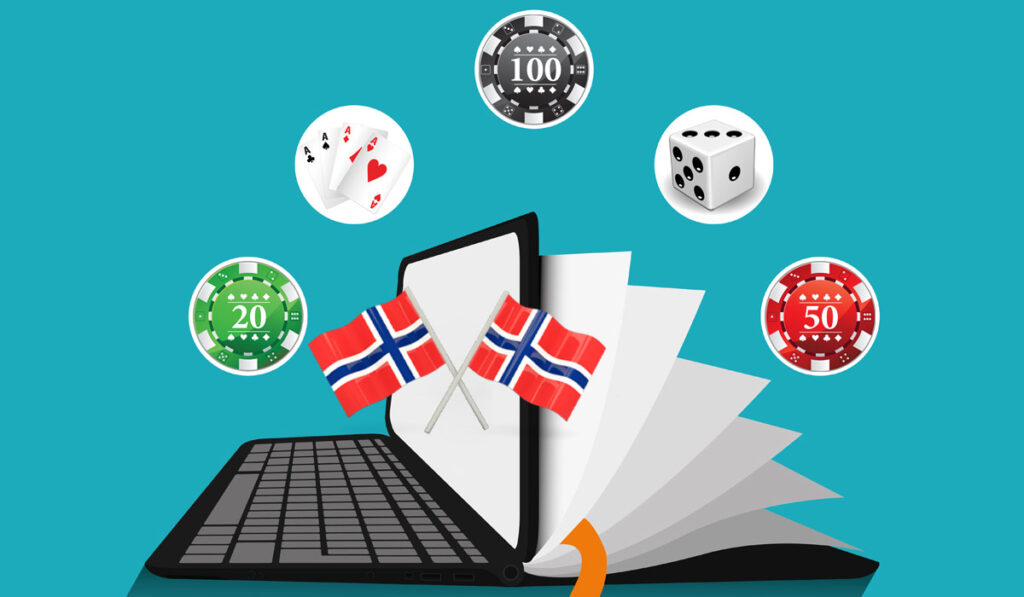A Quick Guide to Gambling Online in Norway

While many European nations continue to open their virtual doors to online gambling, Norway has, to date, bucked the trend. Generally speaking, most forms of gambling, whether online or land-based, are considered illegal in the country.
Even where the state provides for it, they have implemented strict regulations on the available gambling practices. Let’s take a closer look.
State-Owned Monopoly
Two state-owned authorities currently control the Norwegian gambling scene: Norsk Tipping and Norsk Rikstoto. These companies oer the only legalised gambling services in the country.
Norsk Rikstoto owns the rights to horserace betting in Norway, while Norsk Tipping runs the national lottery and also oers several other gambling options including sports betting, bingo, keno, and various scratch card games. Norsk Tipping also carries a license to oer online poker to the country’s residents.
Aside from these two organisations, no other gaming operator can legally oer games in Norway. As things stand, any other operator providing games in the country will be criminalised under law.
Strictly speaking, the state-controlled nature of these organisations goes against European Union regulations. But, since Norway is not a full member state of the EU, they are not subject to the same requirements.
The Letter Of The Law
From a legislation perspective, several acts currently govern gambling activities in Norway.
The Totalisator Act of 1927 laid the groundwork for legal horse race betting in the country. This act granted Norsk Rikstoto sole rights to conduct horse race gambling operations in Norway. To date, Norsk Rikstoto still oers the only legal online site to wager on horses.
The 1992 Gaming Act is the second piece of legislation related to gambling. Under this act, Norsk Tipping exercises complete control over the country’s national lottery, as well as other sports betting games.
The 1995 Lottery Act sought to provide a more comprehensive, complete description of tallowed forms of lotteries and other games. Among its other rules, the Lottery Act also provides gaming licenses to organisations with a humanitarian or socially beneficial purpose.
In addition to these three acts, Norwegian legislators have taken further steps to prevent illegal gambling in the country. For example, the 2010 Payment Act seeks to prevent banks in Norway from allowing credit or debit card transactions in land-based and online casinos outside of Norway.
The Full Effect
Norway has some of the strictest anti-gambling laws in Europe. So, how do these laws impact online Norwegian players? Answer: not much.
Despite these restrictions, players have turned to oshore online casinos. Many online casinos welcome Norwegian players with open arms and, although Norway considers these operations illegal, the fact is that these casino providers carry full licenses in the countries that they operate from.
While the Payment Act prevents players from using their debit or credit cards, this regulation is aimed at the banks, rather than individual players. And yes, it is illegal for individual players to bet at an oshore casino, but Norwegian authorities rarely enforce the law as it relates to this.
A Way Forward
For all the rigid and robust laws in place, the reality is that Norwegian players are still finding ways to gamble.
As gambling numbers continue to grow, legislators may want to rethink their current regulations. They may not stop residents from gambling online, but with a proper strategy in place, they will be able to provide a safe, regulated environment for players to enjoy themselves in. They will also be able to derive additional revenue for gambling activities.
If recent reports are anything to go by, it would seem that Norwegian authorities are finally ready to consider the possibilities.
